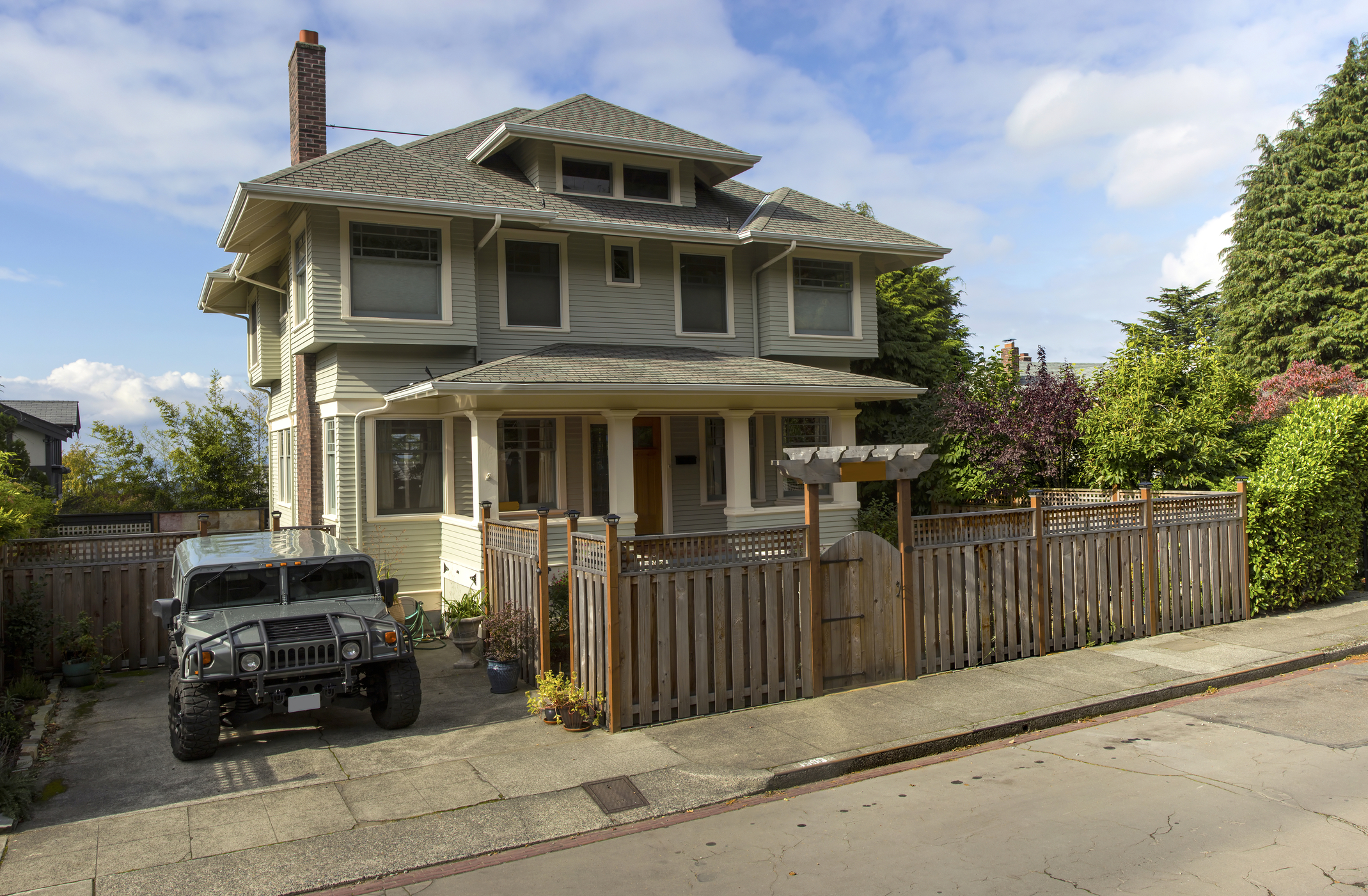Loan Scenario – 85/15 Seller Financing Plus Hard Money Second Mortgage
A homebuyer secured a seller-financed first mortgage at 85% Loan-To-Value (LTV) and asked if FCTD could provide a hard money second mortgage for the...
3 min read
 Ted Spradlin
:
Sep 2, 2023 3:16:15 PM
Ted Spradlin
:
Sep 2, 2023 3:16:15 PM

I had a loan scenario come in through the website in 2022 where a non-military veteran was assuming a Veterans Administration (VA) loan, and needed a hard money second mortgage for the down payment and closing costs. While it was not something we could do, I thought it was an interesting loan request and worth discussing in greater detail.
In this blog post, I’ll explain how assuming a VA loan works, why a hard money second mortgage for 100% financing isn’t a viable option for home buyers, and where you should be looking instead.
Veterans Administration (VA) and Federal Housing Administration (FHA) mortgages are assumable to the homebuyer, as long as the VA or FHA approves the buyer for financing. What this means is that the buyer needs to submit an application to the VA or FHA for approval to take over the loan. If and when approved, the homebuyer takes over the debt obligation after closing on the purchase, relieving the seller of their obligation to repay the debt.
In a housing market like we have in 2023, with limited inventory, elevated home prices and interest rates that have climbed from 2.50% to 7.50%, assuming a VA or FHA loan is a great idea. The buyer can assume the 2.50% 30-year fixed rate mortgage from the seller, rather than the higher interest payments of a 7.50% mortgage.
Below is the monthly payment comparison of a $500,000 mortgage at 2.50% and 7.50%:
| 2.50% VA or FHA Mortgage | 7.5% Mortgage |
| $500,000 | $500,000 |
| $2,679/mo | $4,028/mo |
The monthly payment at 7.50% is 52% higher than the monthly payment at 2.50%. That's a big difference!
A buyer doesn’t need to have served in the United States military to assume a VA mortgage. They just need to have the credit, income, liquidity and down payment to qualify to take over the loan from the VA seller.
On VA assumptions, the VA approves the buyer who intends to occupy the home as their new primary residence, which is considered a consumer purpose loan for personal or household use. VA loans aren't for investment properties — only for consumer purposes discussed below.
If you’re going to assume a VA mortgage, you’ll first need to secure your down payment funds. Below, I’ll cover the sources of down payments.
Your down payment funds can come from your own savings or from the sale of your existing primary residence.
Family members are allowed to gift funds to help cover the cost of down payment and closing costs. The VA will require the family member gifting funds to source and season funds in their bank or investment accounts — a standard practice among all lenders. The thing about gift funds is they really have to be a gift, with no secret side agreement to repay it.
I admit, at this moment, I don’t know if the VA will allow the seller to carry a second mortgage to cover the down payment and closing costs if the buyer is assuming the seller’s existing VA mortgage. With VA loans, like most government mortgages, there are limitations on seller financing. You'll want to check with your lender to see if a seller carry second mortgage is allowed.
If you’re assuming a VA loan and are seeking a hard money second mortgage for down payment and closing costs, it just won't happen, for the following reasons:
Hard money loans must be used for business purposes by real estate investors who need short-term debt to purchase a fixer-upper or vacant building, two types of properties that don't qualify for bank or conventional financing.
They’re short-term loans used by investors to solve an immediate need and not intended to be used long-term or by consumers. Hard money lenders provide business purpose debt rather than consumer purpose (personal and household use) loans.
Combined Loan-To-Value (CLTV) Is Usually Capped at 65-70%
Most hard money second mortgages have a maximum combined loan-to-value (CLTV) of 65-70%. CLTV is the total of the first and second mortgages divided by the purchase price or appraised value of the home:
In the example above, the $700,000 balance of the first mortgage is already at 70% LTV, which is also the CLTV cap for a hard money loan. You won’t find a hard money lender that will go to 90% CLTV much less 100% CLTV. That needs to come from personal or gift funds, not a hard money second mortgage lender.
Conclusion
If you want to assume a VA mortgage with a hard money second mortgage for the down payment and closing costs, you’re going to face tremendous headwinds. Hard money second mortgages are usually limited to 65-70% CLTV, which doesn’t bode well for someone seeking 100% financing on their home purchase. The best route is to have your own down payment funds, or receive gift funds from a family member who will cover all or part of the down payment and closing costs, allowing you to assume and reap the benefits of a low interest rate VA loan.

A homebuyer secured a seller-financed first mortgage at 85% Loan-To-Value (LTV) and asked if FCTD could provide a hard money second mortgage for the...

First Capital Trust Deeds (FCTD) does not offer hard money second mortgages for personal debt consolidation, even to bring up credit scores in order...

During the second half of 2023, a number of commercial real estate investors have inquired with FCTD about getting hard money second mortgages, to be...